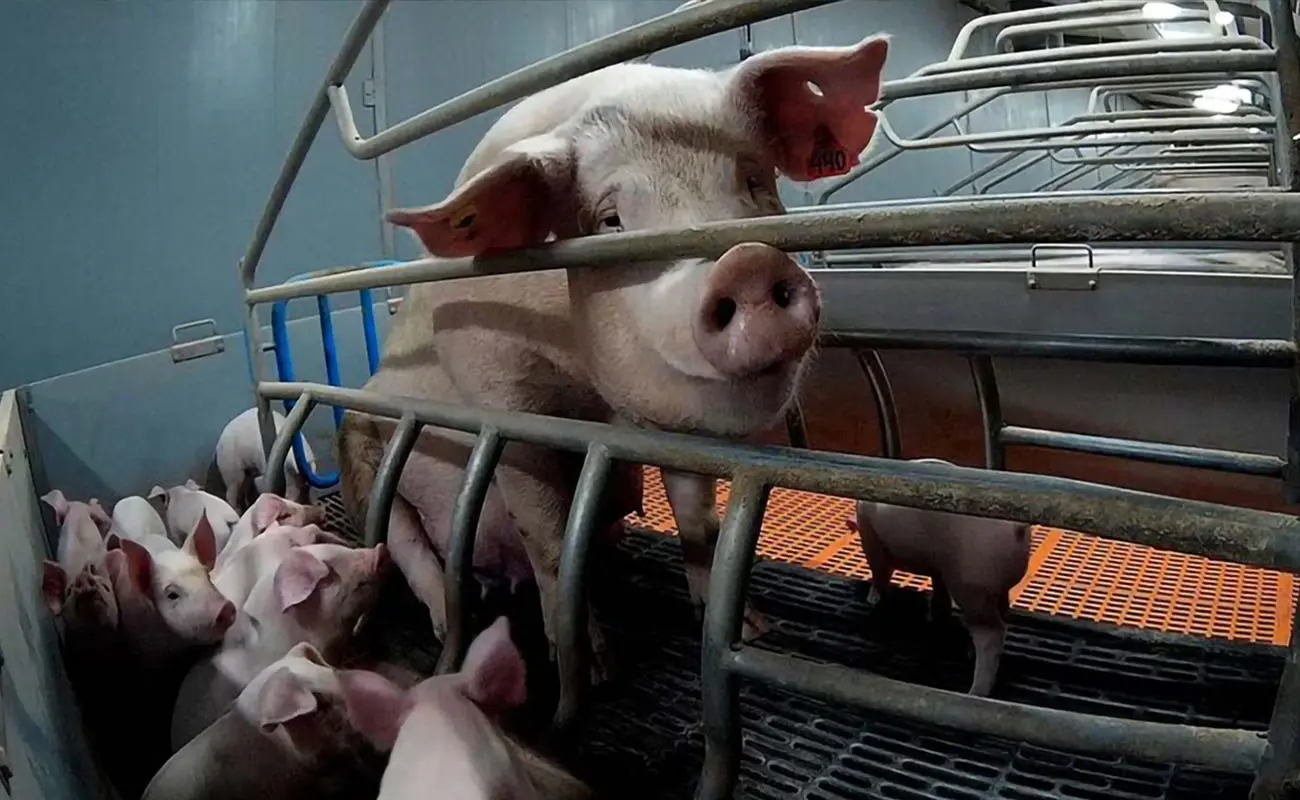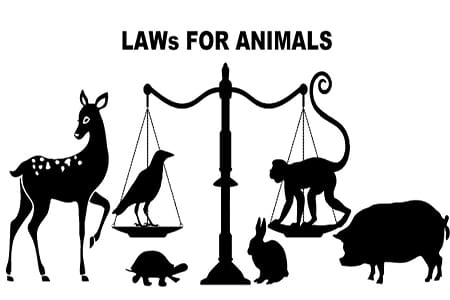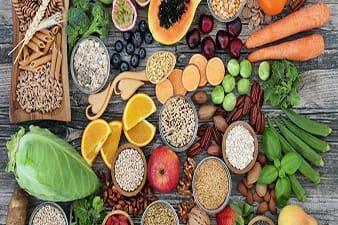Pawg no qhia txog lub luag haujlwm tseem ceeb uas cov kev xaiv ntawm tus kheej ua si hauv kev tsim lub ntiaj teb muaj kev hlub tshua, muaj kev vam meej, thiab muaj kev ncaj ncees. Txawm hais tias kev hloov pauv hauv lub cev yog qhov tseem ceeb, kev ua txhua hnub - peb noj dab tsi, peb hnav dab tsi, peb hais li cas - nqa lub zog los tawm tsam cov xwm txheej tsis zoo thiab cuam tshuam rau kev hloov pauv hauv zej zog. Los ntawm kev ua raws li peb tus cwj pwm nrog peb cov txiaj ntsig, tib neeg tuaj yeem pab rhuav tshem kev lag luam uas tau txais txiaj ntsig los ntawm kev lim hiam thiab kev puas tsuaj ib puag ncig.
Nws tshawb nrhiav qhov ua tau zoo, txhawb nqa txoj hauv kev uas tib neeg tuaj yeem ua rau muaj txiaj ntsig zoo: kev siv cov khoom noj cog qoob loo, txhawb kev coj ncaj ncees, txo cov khib nyiab, koom nrog kev sib tham, thiab tawm tswv yim rau cov tsiaj hauv lawv lub voj voog. Cov kev txiav txim siab me me no, thaum sib faib thoob plaws hauv zej zog, ripple sab nraud thiab tsav kev hloov pauv kev coj noj coj ua. Tshooj lus tseem hais txog cov teeb meem xws li kev ntxhov siab hauv zej zog, cov ntaub ntawv tsis raug, thiab kev nkag mus tau - muab kev taw qhia rau kev kov yeej lawv nrog kev pom tseeb thiab kev ntseeg siab.
Thaum kawg, ntu no txhawb kom lub siab xav txog lub luag haujlwm ntawm lub siab. Nws hais ntxiv tias qhov kev hloov pauv tseem ceeb tsis yog ib txwm pib hauv cov tsev tsim cai lij choj lossis cov koom haum pawg thawj coj - nws feem ntau pib nrog kev ua siab loj thiab sib xws. Los ntawm kev xaiv kev nkag siab hauv peb lub neej niaj hnub, peb pab txhawb rau lub zog uas muaj txiaj ntsig rau lub neej, kev ncaj ncees, thiab kev noj qab haus huv ntawm lub ntiaj teb.
Dej tsis txaus yog tawm los ua kev kub ntxhov thoob ntiaj teb, muaj kev sib hloov huab cua los ntawm kev hloov pauv huab cua thiab kev tsis muaj kev nyab xeeb. Ntawm qhov chaw ntawm qhov teeb meem no yog tsiaj ua liaj ua teb-ib qho loj tseem tsis tau muaj cov neeg tsav tsheb tsis txaus ntseeg. Los ntawm kev siv dej loj rau kev pub cov qoob loo rau cov kuab paug thiab aquafer tshaj-extraction, kev ua liaj ua teb kev lag luam tau tso rau hauv dwindling dej cov khoom siv. Cov ntawv no tshawb txog qhov pom kev sib txuas ntawm cov tsiaj ua liaj ua teb thiab cov khoom lag luam brazil rau hauv kev lag luam hauv ntiaj teb


























































